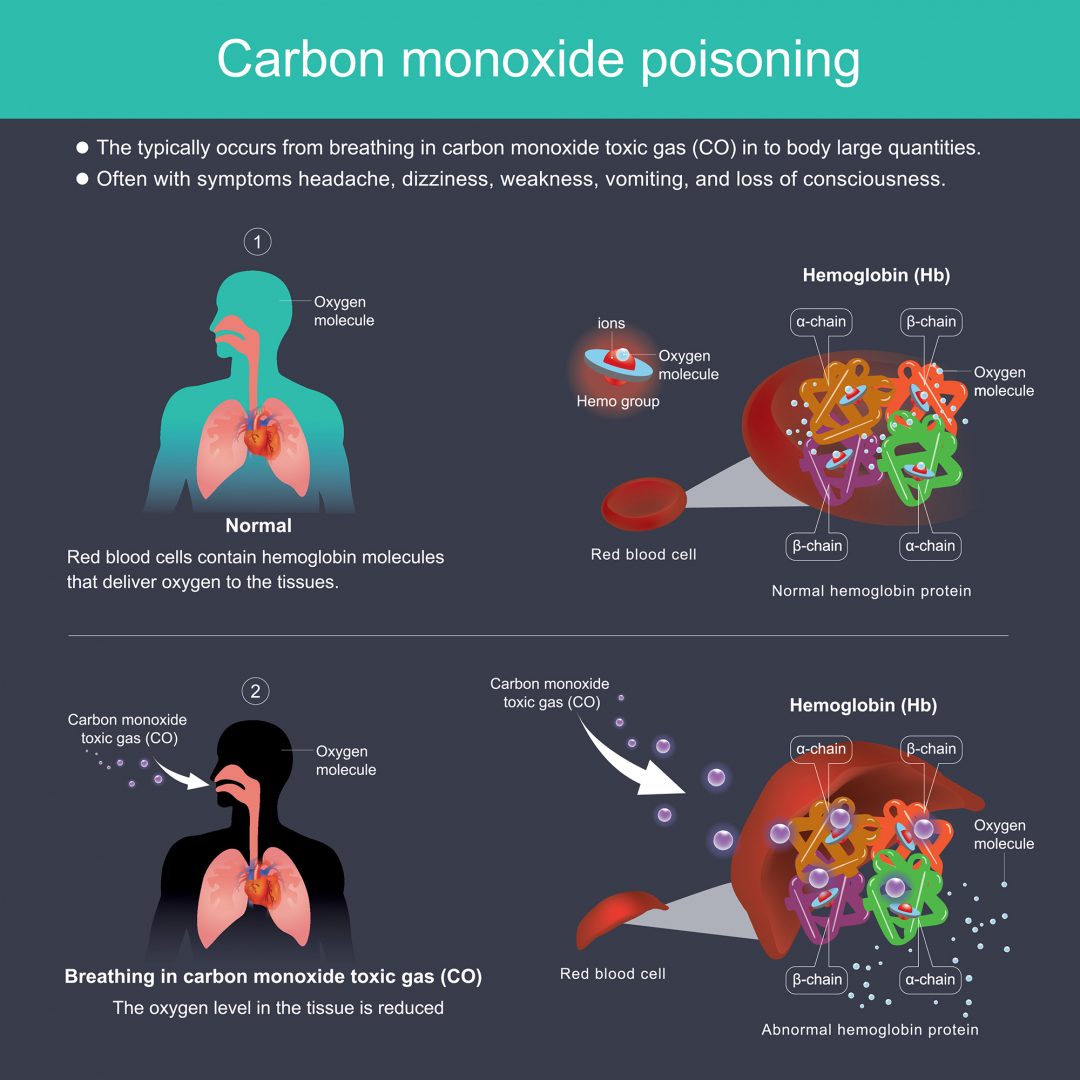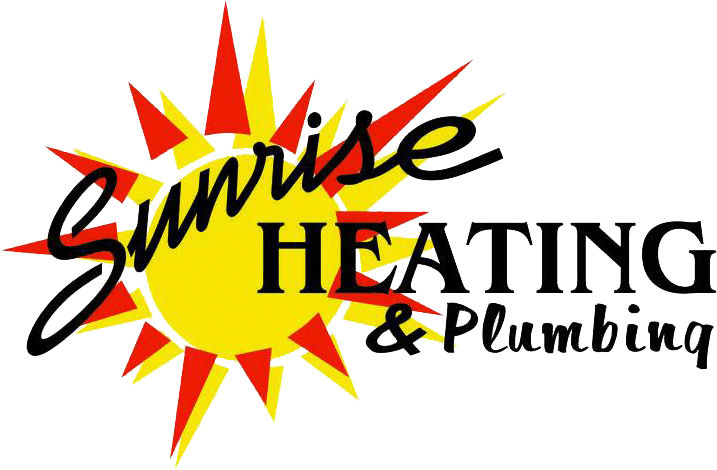The Dangers of Carbon Monoxide
Many concerns for homeowners during the winter months only involve keeping the house warm. While this is important for your family’s comfort, you should not overlook their safety. The odorless and colorless danger can cause life-threatening health concerns. Here’s our guide on how to avoid carbon monoxide poisoning this winter.
Carbon monoxide is found in fumes from cars or trucks, small engines, stoves, grills, and gas ranges. During the winter, carbon monoxide can also be produced by your fireplace or furnace, and when carbon monoxide builds up indoors, it can poison people and even cause death.
Typical symptoms or signs of carbon monoxide poisoning include headaches and dizziness. People may also experience an upset stomach, vomiting, chest pain, and confusion. Some symptoms have been described as flu-like. Breathing in too much carbon monoxide can make you pass out or even kill you, and those who are sleeping can die from carbon monoxide poisoning before they have symptoms.
Over 400 people die each year from carbon monoxide poisoning, and everyone is at risk. Knowing how to prevent the excess amounts of carbon monoxide can prevent your family from getting sick and save their lives.
The very first step is to install carbon monoxide detectors in your home. Placing them near bedrooms or the furnace will let you know immediately if you are at risk without delay. Like fire detectors, carbon monoxide detectors need to be tested regularly, and should be replaced every five years.
You should also call a professional technician to inspect your heating system. They will provide proper servicing and maintenance to make sure it works safely and efficiently, which will decrease the likelihood of leaking carbon monoxide. Same goes for your chimney. The chimney needs to be clean and properly vented to prevent carbon monoxide buildups.
Many items should not be used indoors, such as portable flameless chemical heaters, gas camp stoves, or generators. Also, never use a gas range for heating. For gas range or other gas appliances, they need to be vented properly.
Inspecting your home for carbon monoxide leaks can never come too early. The safety of you and your family should come before anything else, and the professionals at Sunrise Heating and Plumbing can help. For more information on how to avoid carbon monoxide poisoning, call the professionals at Sunrise Heating and Plumbing today at (616) 293-9326. We pride ourselves in providing nothing but exceptional customer service.

